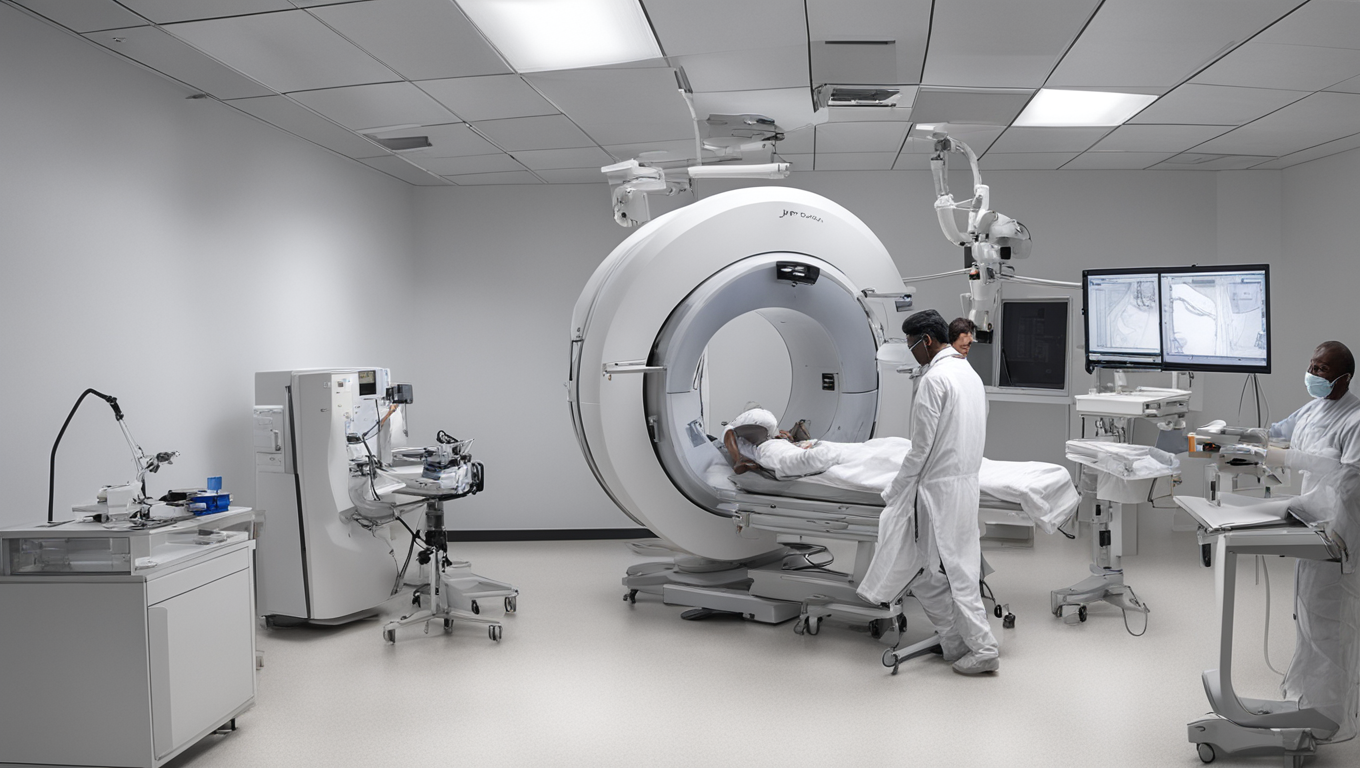The healthcare landscape in Pakistan is undergoing a revolutionary transformation with the introduction of advanced technologies. Sindh Chief Minister, Syed Murad Ali Shah, announced that the renowned firm PAXERA has been engaged to install PACS (Picture Archiving and Communication System) and Artificial Intelligence (AI) technologies at the Jinnah Postgraduate Medical Center (JPMC) in Karachi. This is a significant development as these technologies are currently being used at prestigious institutions such as Johns Hopkins Hospital and Harvard Medical School’s Mass General Hospital in the United States.
Speaking at the 2nd Postgraduate Research Conference organized by JPMC, Chief Minister Murad Ali Shah highlighted the remarkable progress made by the hospital since it was devolved from the federal government in 2011. At that time, JPMC, along with the National Institute of Cardiovascular Diseases (NICVD) and the National Institute of Child Health (NICH), had a combined bed capacity of 2,092 and a budget of Rs1.9 billion. However, under the vision and leadership of the Sindh government, these figures have skyrocketed.
Chief Minister Shah proudly announced that the bed capacity of these three institutions has increased to 4,041, and the budget has risen to Rs25.75 billion. He further expressed his commitment to further expand the bed capacity to 5,000 within the next three years, which would make the JPMC the largest healthcare facility in Asia.
This investment in healthcare facilities is a testament to the government’s dedication to improving the well-being of its citizens. The budget for these three institutes has seen a significant increase since 2011, with the current allocation amounting to Rs25.75 billion. Such substantial financial support allows for the introduction of cutting-edge technologies and the provision of free medical services.
Chief Minister Shah emphasized that the government’s focus on healthcare is unwavering. The investments in state-of-the-art technologies like Cyberknife Tomotherapy and others have enabled patients from 167 cities in Pakistan and 15 countries to access free treatments. These advancements have undoubtedly enhanced the quality of healthcare in the country.
With regards to the installation of PACS and AI technologies, Chief Minister Shah specified that the Sindh government, in collaboration with the Patients Aid Foundation, has enlisted the services of PAXERA, a globally recognized company. The chosen system is the same one used by renowned medical institutions in the United States, further solidifying the commitment of the Sindh government to provide world-class healthcare to its citizens.
This endeavor will have a far-reaching impact on healthcare in Pakistan. The introduction of PACS will streamline the management and storage of medical images, making them easily accessible to healthcare professionals. This efficient system will contribute to expedited diagnoses and improved patient care.
The incorporation of AI will bring a new level of innovation to healthcare in Pakistan. AI algorithms can analyze vast amounts of medical data, helping healthcare providers make accurate diagnoses and personalized treatment plans. This technology has the potential to revolutionize the medical field, enabling better healthcare outcomes for patients across the country.
The partnership between the Sindh government, the Patients Aid Foundation, and PAXERA marks a significant milestone in the healthcare sector in Pakistan. The government’s dedication to improving healthcare infrastructure, coupled with the implementation of advanced technologies, will undoubtedly contribute to the overall well-being of the people.
In the words of Chief Minister Shah, “We are committed to providing the best healthcare services to our citizens. Our investment in cutting-edge technologies and the expansion of healthcare facilities reflects our unwavering dedication to improve the health outcomes of our people.”
With these developments, Pakistan takes a bold step into the future of healthcare, aligning itself with global standards and practices. The collaboration between the public and private sectors, the adoption of advanced technologies, and the commitment to quality healthcare come together to pave the way for a healthier and brighter future for the nation.





Use the share button below if you liked it.